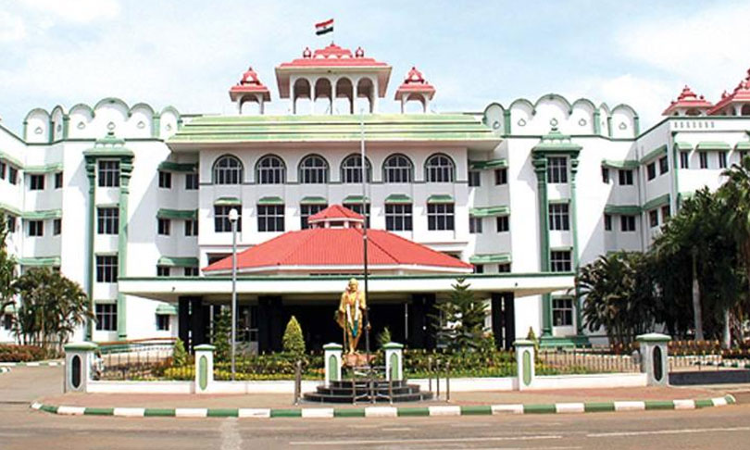
Chennai: The Madras High Court has directed the Tamil Nadu government to establish Bone Marrow Transplant (BMT) facilities in at least one General Hospital per district, stressing that the state has a constitutional obligation to make essential healthcare accessible to the poor and underprivileged.
The bench of Justices MS Ramesh and AD Maria Clete made the observation while hearing public interest litigations seeking the expansion of BMT services beyond Chennai and demanding guidelines for standards in government medical infrastructure.
Key Highlights from the Order:
- The court held that medical facilities in government hospitals must reach the poor, downtrodden, and underprivileged, describing this as a constitutional duty under Article 226.
- Apart from a few institutions like Rajiv Gandhi Government General Hospital, Egmore Children’s Hospital, and JIPMER, there are no free BMT facilities in other parts of Tamil Nadu, forcing patients to travel long distances and incur huge costs.
- The Directorate of Medical Education submitted a report estimating:
- ₹13.52 crore for civil infrastructure, equipment, and staff approvals
- ₹3.63 crore in recurring annual expenditure
- An additional ₹4.99 crore for blood bank and oncopathology-related equipment
However, the government informed the court that these proposals were still pending approval, and no timeline could be guaranteed due to their policy nature.
Court’s Directions:
- The State Government must allocate funds and start civil work and equipment procurement for a BMT unit at Government Rajaji Hospital in Madurai within three months.
- The BMT facility must be made operational within six months.
- The government was directed to extend BMT services to one hospital per district, and not limit advanced procedures to urban centers like Chennai.
- The petitioners were allowed to submit further representations for framing guidelines to standardize infrastructure and healthcare delivery in all state-run hospitals.
The ruling underscores the judiciary’s commitment to ensuring equitable access to critical healthcare and accountability in public health administration.

